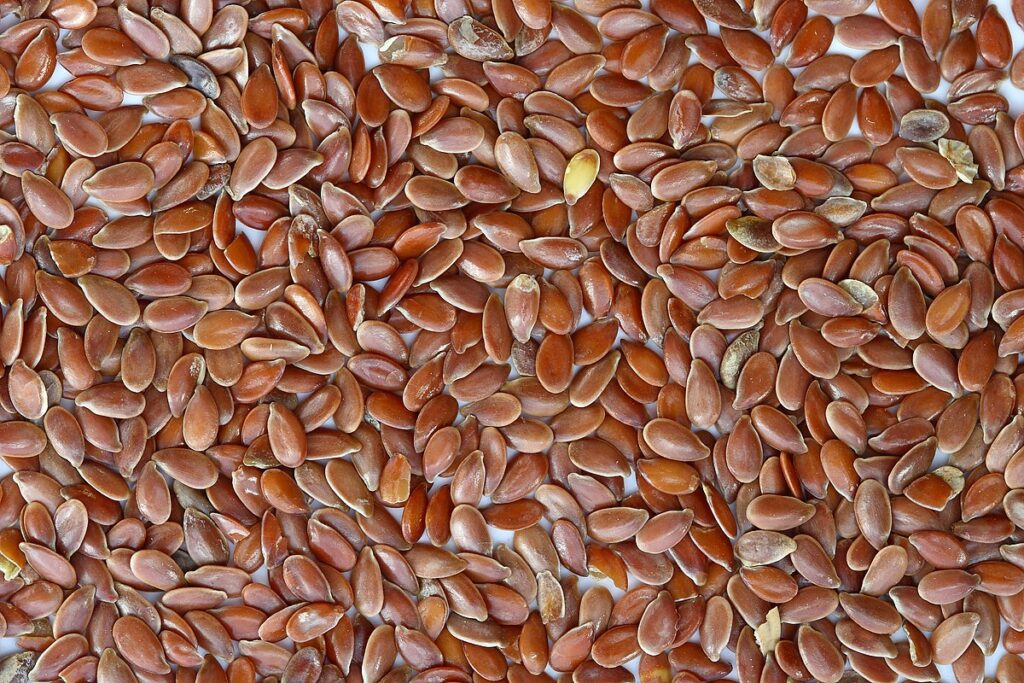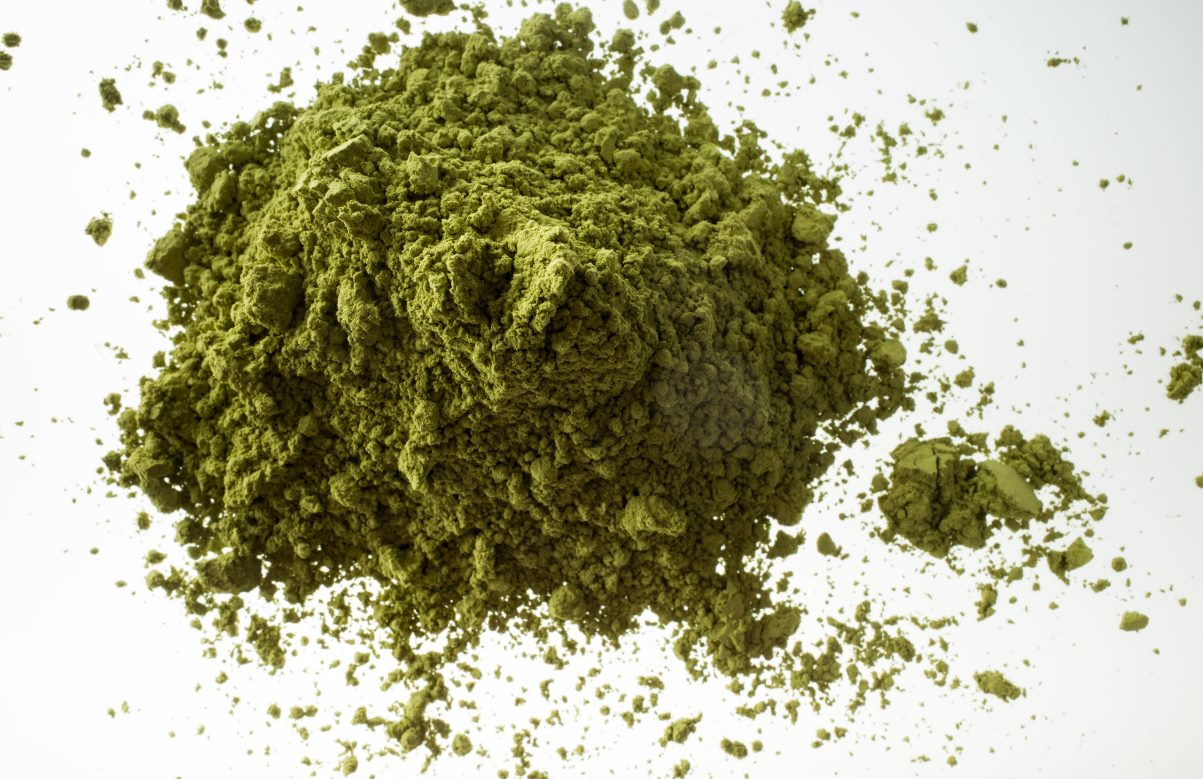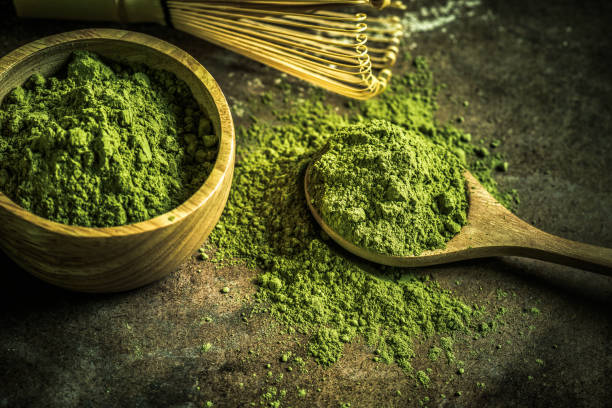The Importance of Seed Diversity in Weed Cultivation
Seed diversity plays a crucial role in weed cultivation, serving as a cornerstone for sustainable agriculture and biodiversity conservation. In an era where monoculture practices dominate farming, the significance of maintaining a diverse seed bank cannot be overstated. Seed diversity refers to the variety of genetic materials available within a species, encompassing different strains, cultivars, and varieties. This genetic variation provides resilience against pests, diseases, and environmental changes, making it essential for the long-term viability of crops and weeds alike. One of the primary benefits of seed diversity in weed cultivation is its ability to enhance ecosystem resilience. Weeds, often viewed as undesirable plants, can be integral to the agricultural landscape when managed properly. Diverse weed species contribute to soil health, prevent erosion, and support pollinators and beneficial insects. For instance, certain weeds can fix nitrogen in the soil, improving its fertility and reducing the need for synthetic fertilizers. This natural fertilization process benefits neighboring crops, promoting a healthier ecosystem overall.

Furthermore, a diverse array of weeds can provide habitat and food sources for various organisms, thus supporting the overall biodiversity of the farm. In addition to ecological benefits, top weed seeds diversity can significantly improve crop yields. Different weed varieties can exhibit varied responses to environmental conditions such as drought, temperature fluctuations, and soil types. By cultivating a diverse range of weed species, farmers can ensure that at least some of these plants will thrive, even in suboptimal conditions. This diversity not only boosts overall biomass production but also enhances the resilience of the cropping system. In the face of climate change, where weather patterns are increasingly unpredictable, having a diverse array of weed species can be a strategic advantage for farmers. Moreover, seed diversity can also play a pivotal role in pest and disease management. Many pests and diseases tend to target specific weed species; therefore, cultivating a mix of diverse weeds can reduce the likelihood of a single pest or pathogen decimating a crop.
This phenomenon, known as the dilution effect, implies that by spreading the risk across various weed species, farmers can protect their crops more effectively. This approach not only minimizes the need for chemical pesticides but also promotes a more balanced and natural pest management strategy, reducing the impact on non-target species and the environment. However, promoting seed diversity in weed cultivation requires thoughtful management practices. Farmers must be educated about the benefits of maintaining diverse weed populations and how to integrate them into their farming systems effectively. This includes understanding the ecological roles that different weed species play and how to manage their growth without allowing them to compete excessively with desired crops. Techniques such as cover cropping, crop rotation, and intercropping can enhance seed diversity and maximize its benefits, leading to more sustainable farming practices. In conclusion, seed diversity in weed cultivation is vital for promoting ecological balance, enhancing crop yields, and managing pests and diseases.

 Another key factor driving the popularity of Delta 8 gummies is their legal status in many areas where Delta 9 THC remains restricted. Delta 8 THC is derived from hemp, which, under the 2018 Farm Bill, is federally legal in the United States as long as it contains less than 0.3% Delta 9 THC. This legal nuance has allowed Delta 8 products to proliferate in markets where cannabis laws are still stringent, providing consumers with access to THC-based products that they might not otherwise be able to obtain. As a result, Delta 8 gummies have become a popular choice for those in regions with restrictive cannabis legislation. The appeal of Delta 8 gummies also extends to their convenience and ease of use. Gummies are a familiar and accessible format for many consumers, offering a discreet and enjoyable way to consume THC. They come in a variety of flavors, dosages, and formulations, allowing users to choose products that best suit their tastes and needs. This versatility has contributed to the growing interest in Delta 8 gummies, as they cater to a wide range of preferences and experiences.
Another key factor driving the popularity of Delta 8 gummies is their legal status in many areas where Delta 9 THC remains restricted. Delta 8 THC is derived from hemp, which, under the 2018 Farm Bill, is federally legal in the United States as long as it contains less than 0.3% Delta 9 THC. This legal nuance has allowed Delta 8 products to proliferate in markets where cannabis laws are still stringent, providing consumers with access to THC-based products that they might not otherwise be able to obtain. As a result, Delta 8 gummies have become a popular choice for those in regions with restrictive cannabis legislation. The appeal of Delta 8 gummies also extends to their convenience and ease of use. Gummies are a familiar and accessible format for many consumers, offering a discreet and enjoyable way to consume THC. They come in a variety of flavors, dosages, and formulations, allowing users to choose products that best suit their tastes and needs. This versatility has contributed to the growing interest in Delta 8 gummies, as they cater to a wide range of preferences and experiences.
